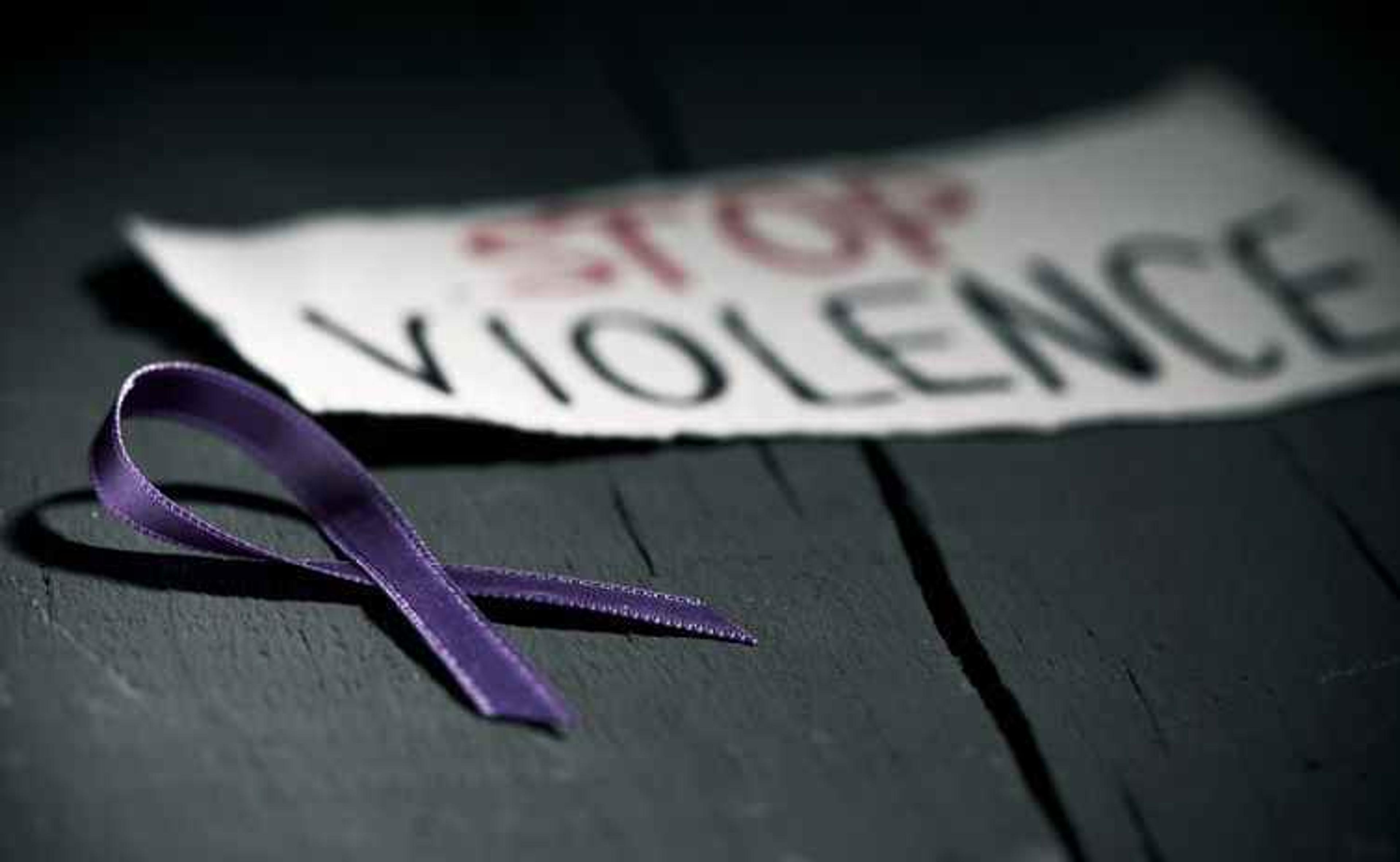

Photo/iStock
Is Pacific culture driving family violence? A Pacific prevention programme says it's the solution
A Pacific culture-based family violence prevention programme says getting NZQA accreditation is a 'timely' recognition of all the hard work that has gone into developing this initiative.



Pacific queens gather in Fiji as pageant spotlight turns on regional issues

Pacific visa petition tests NZ First as political tensions rise

Pacific comedy web series ‘The School Repeaters’ hits screens


Pacific queens gather in Fiji as pageant spotlight turns on regional issues

Pacific visa petition tests NZ First as political tensions rise
A programme that aims to prevent family violence amongst Pacific families through Pacific cultural values has received accreditation from the New Zealand Qualifications Authority (NZQA).
Nga Vaka o Kāinga Tapu runs capability training programmes for frontline workers, practitioners and Pacific communities who work with Pacific families.
Cultural Lead Fa'amatuainu Tino Pereira says NZQA's accreditation is a "timely recognition".
"It's very important that the academic side of the equation or those who set standards within the [NZQA] recognised that the cultural programme is a significant piece of work," Fa'amatuainu says.
"[It's] community lead and community inspired. I think it was a timely recognition. . . to make sure that the issue at the heart of our communities, turmoil to some extent."
The Nga o Vaka Kāiga Tapu programme has roots in a 2010 government task force that was created in response to family violence across the motu.
Pacific leaders, practitioners, researchers and frontline workers set up an advisory to figure out how family violence can be stopped.
Fa'amatuainu says they toured the country and spoke to communities across NZ asking one question: "What is the solution?"
"The solution was culture. Let's unpack culture. Is culture a good solution or is culture the problem?
"Overwhelming the community said culture was the solution."
A 2022 Te Puna Aonui report found that Pacific peoples were 44 per cent more likely to experience physical and psychological family violence compared to New Zealand Europeans.
Additionally, the likelihood of Pacific children being hospitalised due to assault, neglect, or maltreatment is two times higher than NZ Europeans or other children.
Fa'amatuainu says Pacific family violence has had some improvements but he believes the data to irrevocably claim Pacific family violence is heading downward has yet to be seen.
He adds there is plenty of anecdotal evidence and impact he has seen through their programme that suggests that Pacific family violence is reducing.
"The long goal is to stop it all together. It is not an issue that stands on its own. There are significant determinants that contribute.
"It is a long-term process because family violence sits within the context of poverty, cost of living and all those issues that have a significant impact on family violence."
Fa'amatuainu says their programme's many sessions of unpacking cultural context have helped attendees reshape their view on family violence through a cultural lens.
"Ostensibly it's about family. It's about what are the values that we bring to that particular space that address harm.
"We, [from] the eight ethnic specific communities, set up their own cultural frame.
"How is respect, or fa'aaloalo in the Sāmoan context, faka'apa'apa in the Tongan context, fakalilifu in the Niuean context, how can that additional practice or value address the issue to members of the family and community?"
Fa'amatuainu says that the NZQA recognition helps plenty as it will lift the recognition of their programme, especially for funding, while also granting it "intellectual heft".
"It will give legitimacy to a program that really should be part of government policy right across not just violence but across health, education [and] social welfare.
"It's a great combination of cultural intelligence [and] cultural values with standards of practice that our social workers are frontline workers.
"So, that's why it's quite important. It's the first of its kind and we need to shout from the mountaintop."
The Nga Vaka o Kāiga Tapu programme can be viewed via their website.
Watch the full interview via 531pi's Facebook page below: